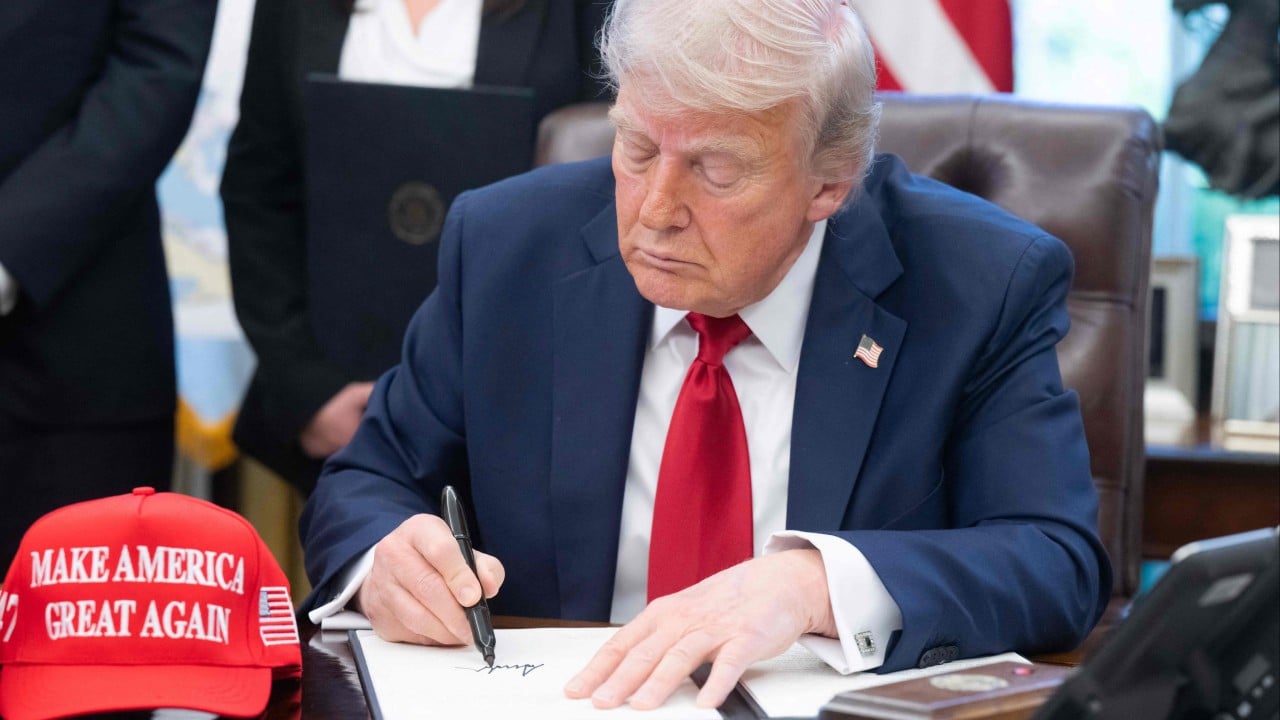When Benjamin Franklin emerged from the Constitutional Convention in 1787, a woman asked him what kind of government the delegates had crafted. “A republic, if you can keep it,” he replied. Those words, oft repeated, carry a note of caution that reverberates across the ages. A republic demands the vigilance of its citizens to shield it from the predations of power.
Advertisement
Donald Trump’s second term as US president has exposed a harsh reality: the Constitution of the United States falters when leaders flout its norms and institutions fail to respond. As Trump governs through unprecedented executive orders, the system of checks and balances, meant to thwart tyranny, shows signs of strain.
The founding fathers were aware that a corrupt president could do irreversible harm to the republic. James Madison, in No 51 of the Federalist papers, declared, “If men were angels, no government would be necessary.”
The Constitution established a federal government with three coequal branches – legislative to craft laws, executive to enforce them, judicial to interpret them – designed to check and balance one another, ensuring no single arm could clutch too much power.
This elegant machinery, however, hinges on an unspoken premise: that those who operate it possess a modicum of honour, a respect for the rule of law.
Advertisement
While other presidents pushed boundaries (Abraham Lincoln suspended habeas corpus amid civil war, Franklin D. Roosevelt muscled through New Deal reforms, and Richard Nixon abused power until checked by impeachment), no one sought to render the Constitution itself a nullity.

